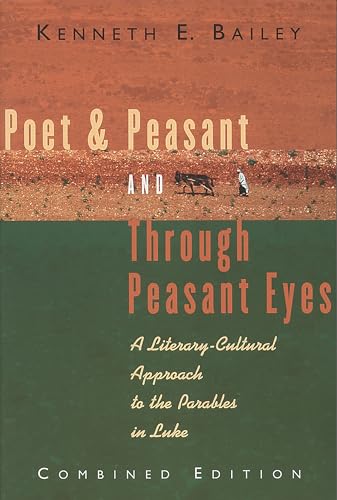‘What is most damaging to Christianity is not that Christians doubt but that there seems to be so little open discussion and understanding of doubt. This must change.’ Thus Guinness, a British writer, delves into the subject of doubt with unusual competence and thoroughness.
A needed clarification is presented in the opening section: doubt is not the same as unbelief. Rather, it is a transition in between two positions, a stage of neither belief nor unbelief, a situation of being ‘in two minds’. Since we are in a fallen world, doubt is one of the ‘abnormal-normals’ of reality. To deny its existence is to fail to see the positive results, such as detecting error. Even more crucial, however, is the need for one to be able openly to face doubt and to work toward resolution rather than to suppress it and suffer the attack of a more foreboding power at a later time. Doubt is a transition phase, hopefully toward knowledge and faith. Guinness seeks to assist the reader in that journey.
The second section deserves description. Seven types, or families, of doubt are analyzed. The first four concern initial faith, the other three concern doubts occurring in later stages of growth. (1) An attitude of self-sufficiency or autonomy leads to ingratitude. One easily forgets roots, and not remembering leads to doubting. (2) a faulty view of God can come between the believer and God. Wrong presuppositions easily go undetected, and God gets blamed for being something he is not. (3) A believer with good beliefs and insufficient reasons for belief may find those premises weakened and meaningless when challenged. If solid evidences and reasoning is lacking, doubts enter. (4) Relativism and ‘group thinking’ can influence one to view information and reach cognitive decisions without then moving toward commitment. When conviction does not result in action (commitment) the conviction gives way to doubting. (5) Faith which is not applied and stretched fosters doubt. Lack of growth, because one’s faith is unused in forming one’s world-view, life-style and values, will open the door toward doubt by default. (6) Experiences which lead to intense or prolonged emotional states may cause one to find reason and faith overpowered. Unless diagnosis and discipline soon follow, such emotions influence one’s beliefs rather than those beliefs finding their influence in the One being trusted. (7) The final category of doubt concerns one who is fearful of believing. Old psychological wounds create pain which one is afraid to touch. In each of these areas, Guinness expounds on the mental and relational (trust) process and offers guidelines for resolution.
The third section, ‘Care and counsel’, offers practical advice to those who wish to express their concern for doubters in solid and creative ways. The final section encounters two major doubts: the problem of the unavailability of sufficient information and the problem of prolonged waiting. The need for suspended judgment and the persistence of visionary faith are discussed at length as major needs for believers encountering these doubts.
An adequate epistemology cannot be built unless one examines the problems which are introduced by doubts. This excellent volume provides a well-organized and clearly presented guide for believers and unbelievers who wish to wrestle with integrity.
Several criticisms should be mentioned. Guinness seems to be walking a line between a presuppositional approach to knowledge (à la Schaeffer or Van Til) and the route of evidences (Ramm). Possibly a weaving or combining is possible, but this weaving needs a theoretical basis. Another option which would call for some attention is that of certainty finding its place in the future (Pannenberg). A second concern is Guinness’ blasting of the ‘leap’ of faith by insisting that mystery and absurdity are vastly different. One may believe a mystery and maintain a state of reasonableness, he says, but an absurdity cannot be accepted. I am not convinced that the line of demarcation between a mystery and an absurdity is clear, nor does the acceptance of a mystery appear categorically different from a ‘leap’.
The criticisms are minor. Commendation needs to be foremost. This book deserves a wide readership among pastors and scholars. Guinness has confronted and answered many issues concerning the dilemma of doubt.
Mark P. Branson
TSF Secretary for the USA and Canada







